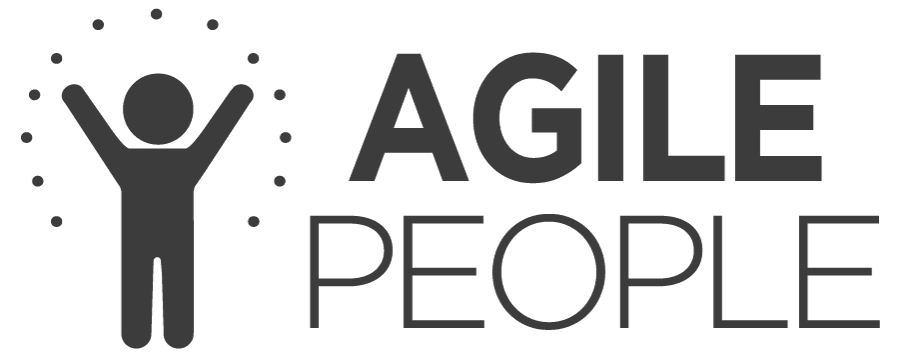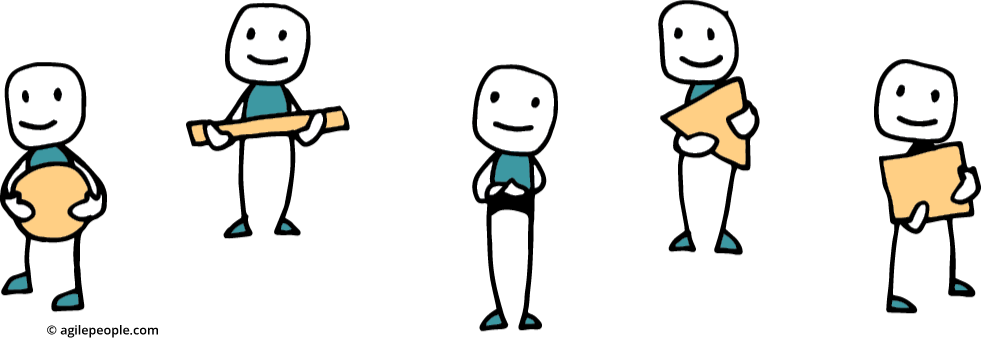What Is Agile HR?
Why HR need to change?
The ability to adapt and respond quickly to changes in the marketplace is increasingly essential for companies. Acting faster and being more innovative than your competition is a competitive edge. Successful companies have an engaging employee experience and constantly work to attract, develop, and retain talents.
Using agile values and principles, HR can become a strategic partner that supports the company in building organizational capabilities and change management. It involves creating attractive people processes, fostering an engaging, diverse, and inclusive work environment, and building management capabilities that recognize people for who they are and treat them accordingly.
Agile HR vs. Traditional HR Practices
Agile HR differs significantly from traditional HR practices. Instead of hierarchical and bureaucratic structures, Agile HR emphasizes collaboration, self-organization, and customer orientation. Cultivating an agile corporate culture requires a shift in mindset, a new way to organize work, and adapting agile work methods for traditional HR functions.
Agile HR focuses on establishing a flexible HR function capable of swiftly adapting to internal and external changes. Focusing on the company’s vision, strategic HR initiatives, and HR projects are prioritized in collaboration with the organization.
HR delivers tailored services that align with the company’s needs, co-creating processes alongside employees and managers. Utilizing people analytics for evidence-based decision-making and regularly seeking feedback ensure user satisfaction.
Embracing Iterative Methods and Continuous Changes
Traditional one-size-fits-all HR processes are exchanged with customized HR services to meet user needs, ensuring flexibility. The conventional approach of implementing “best practice” processes as a one-time event, followed by infrequent updates every five years, is no longer effective. Agile HR emphasizes iterative methods and embraces continuous changes using Design Thinking, Kanban, and Scrum methodologies.
Strategic competence development to secure the right skills and diversity initiatives for individual needs are central in Agile HR, enabling all employees to grow and meet their needs. People analytics, Artificial intelligence (AI), and HRIT system data provide valuable insights for analysis, diagnosis, and prediction. Operational HR administration increasingly aligns with employee needs through digitization.
Evolving HR Role
The HR role is evolving; HR professionals work in cross-functional teams to develop services and processes and require knowledge across the entire HR function. Specialists are still necessary, though the silo thinking prevalent in the CoE model is being phased out.
In short, Agile HR is about applying agile principles and methods within HR to create a more responsive, collaborative, and value-creating HR function that supports the organization’s success.




